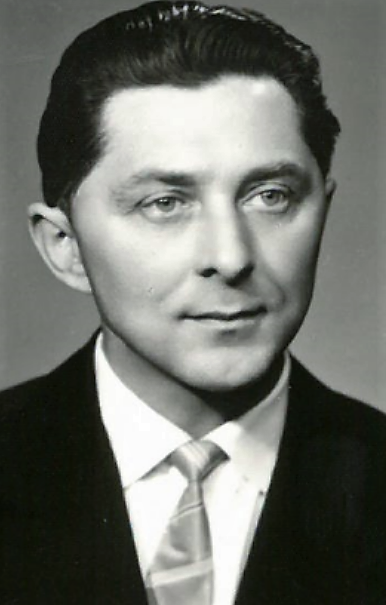Tie those vagabonds up and chase!

Stáhnout obrázek
Antonín Ondroušek was born on the 16th of April 1922 in Kanice near Brno to the family of Antonín and Růžena Ondroušek. He spent his childhood and early adolescence in Slovakia in Veľký Harčáš, near Komárna. During the second world war his father bought a large estate in Brumov in the White Carpathians. In the year 1951 the witness, his father and also his brother Alois were sentenced to punishments of multiple months, because they had resisted entering a unified agricultural co-operative. Antonín spent two months in a jail in Uherské Hradiště. His father served four months in Iľava, the witness‘s brother Alois spent the same amount of time in Handlow. Antonín served the rest of his half-year sentence in the uranium work camp near Horní Slavkov. During his time serving his sentence his wife remained in Bylnice without any means to live off of and with a young son and newborn baby. A few days after Antonín‘s return home the young family had to leave the house. The village offered them two unsuitable rents and threatened, that if they were to refuse the third, they would have to move out to the meadow by the river. They finally found asylum with their family in Slovakia - they returned to Veľký Harčáš. The witness‘s sentence was motivated by wanting to destroy the largest farmer in the village but it was not a stigma in Slovakia. Antonín, as an independent, was employed at the District National Committee in Komárna and became a valued agricultural technician. In the second half of the 50s he moved back to Bylnice with his family and continued in his work. Helping themselves, he built a house with his wife, in which this recording took place in the year 2022.





![The family of Antonín Ondroušek – his wife Anděla, his sons Zdeněk and Antonín, their dog Punťa [Spot], Komárno after returning from carrying out his sentence (1951)](https://www.memoryofnations.sk/sites/default/files/styles/witness_gallery/public/2022-10/Ondrou%C5%A1ek_Anton%C3%ADn_v%C3%BDb%C4%9Br%20%288%29.png?itok=ik2oB8Na)















